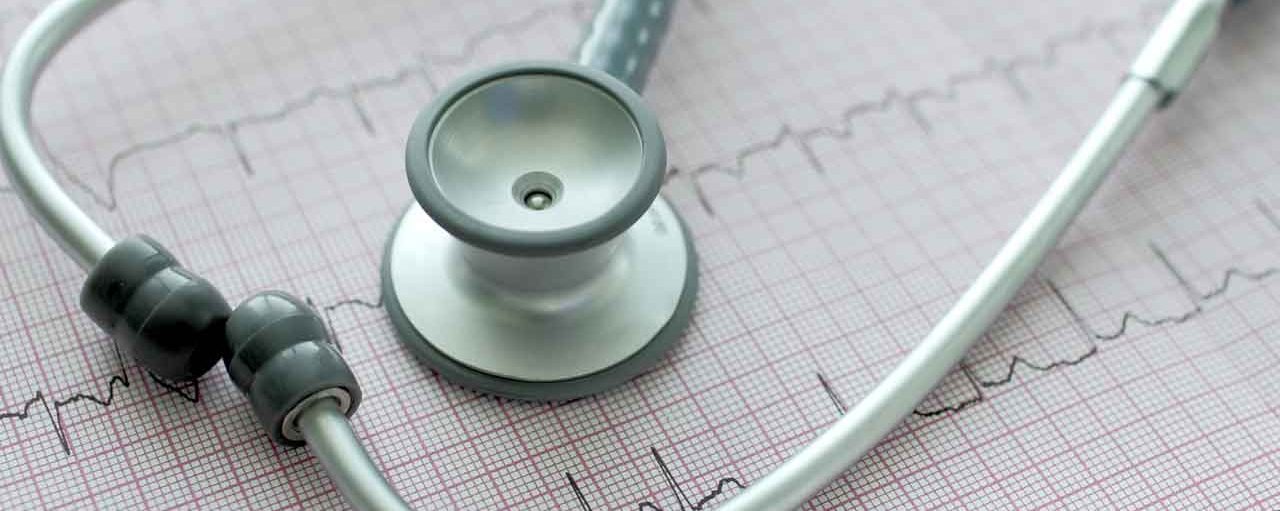New Hope for Curing Atrial Fibrillation

Atrial fibrillation isn’t life-threatening, but does raise the risk of stroke and can cause anxiety and fatigue – but a low risk procedure offers hope.
Imagine your heart is skipping beats and thumping wildly. You take your pulse and it’s irregular. Perhaps you feel fatigued, weak, dizzy, and anxious. These frightening symptoms can be associated with atrial fibrillation, often called afib, the most common heart rhythm problem (in medical terms, an arrhythmia).
YOU MIGHT ALSO LIKE: What Is Coronary Artery Disease?
What is atrial fibrillation?
An estimated 2.7 to 6.1 million Americans have the condition, according to the Centers for Disease Control and Prevention (CDC). While being middle-aged and older increases the risk, afib can strike younger adults, too. And although the arrhythmia is not life-threatening in itself, afib does carry an increased risk of stroke. When blood is not effectively pumped out of the heart during afib, it can pool and form stroke-causing blood clots. The anxiety and fatigue afib often causes can also interfere with quality of life, too.
Patients with the arrhythmia need to take blood thinners to help prevent strokes, and many are prescribed drugs to slow their heart rate and hopefully keep afib at bay. The medications work for many — but not all. And some people can’t tolerate the side effects. In addition, anticoagulant drugs carry serious risks, including gastrointestinal bleeding and hemorrhagic strokes caused by bleeding in the brain.
Updated:
March 03, 2020
Reviewed By:
Janet O’Dell, RN